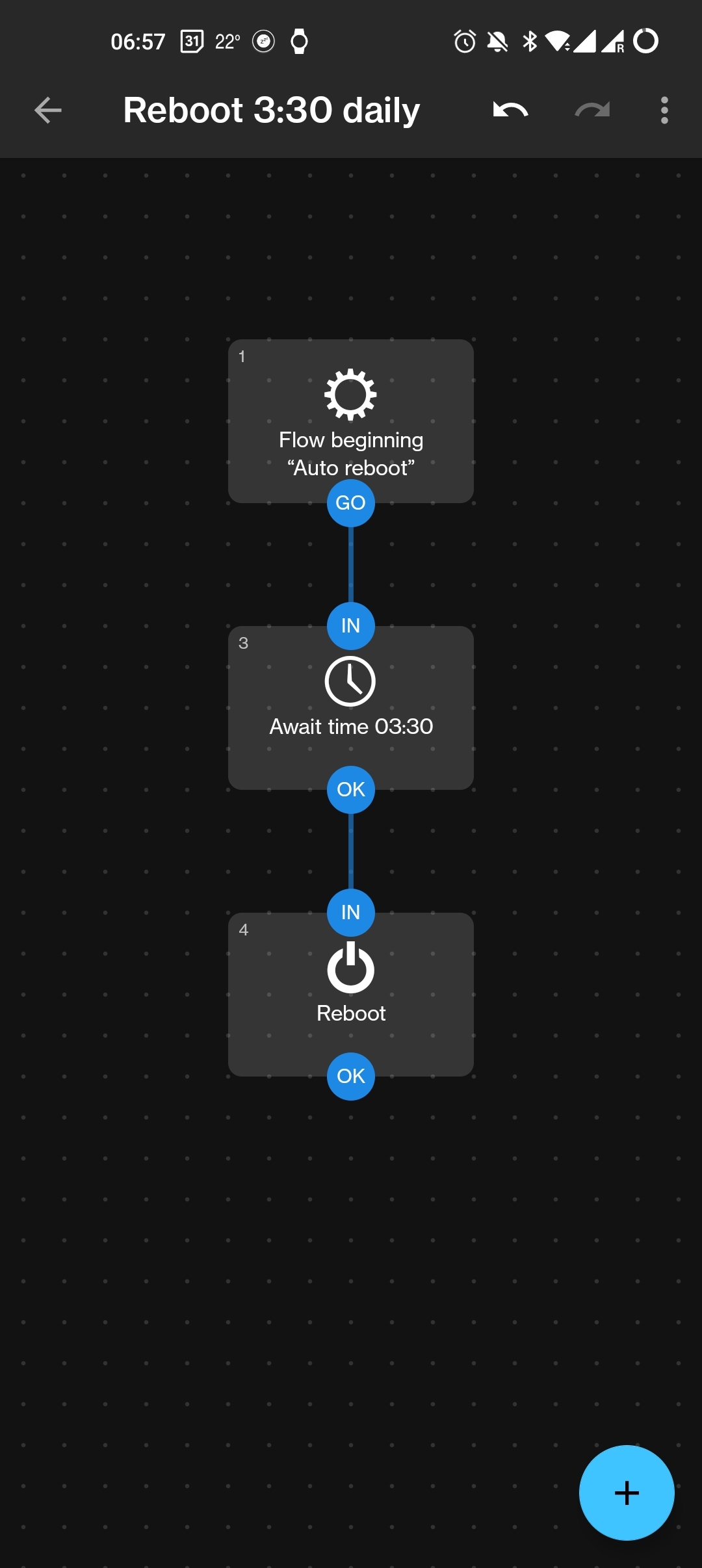You do it because it makes an attacker’s life harder because now I have to find two bugs instead of one.
The entire boot chain of the phone up to the apps you run are verified successively by the component that loads it. A digital signature helps ensure that only trustworthy code ever runs. A bug must be found to bypass these checks to load malware code. For example, a bug in the image code in a web browser might cause loading of code that isn’t checked. This way the malware gets smuggled onto the phone.
This means that if you get hacked via one bug and malware is loaded, the attacker has to work harder to solve the problem of how do I convince the phone to load it again at boot because the code it’s made of isn’t going to be approved code. When you reboot, you are effectively forcing a validation that all the code you have running is authentic, which would exclude the malware. Trick me once sure, can you survive a full pat down? Probably not. It’ll get caught.
Unless I have a second bug to fool the normal code loading systems too, the malware can’t run. You have to go back and trigger the first bug again somehow, which places more strain on the attacker.
